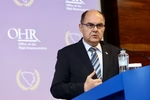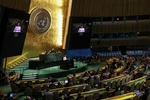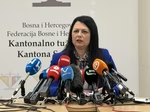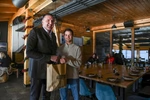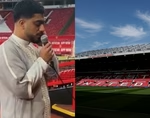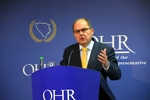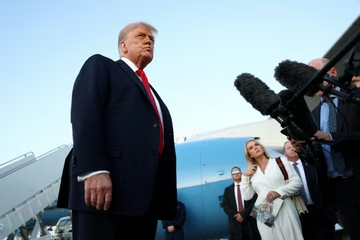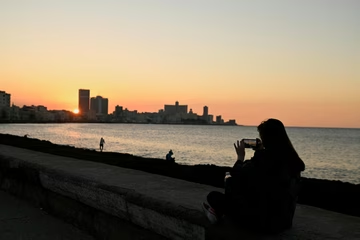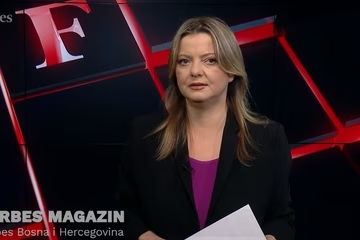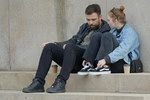Syrian expat in Sarajevo reflects on hopes following regime's fall
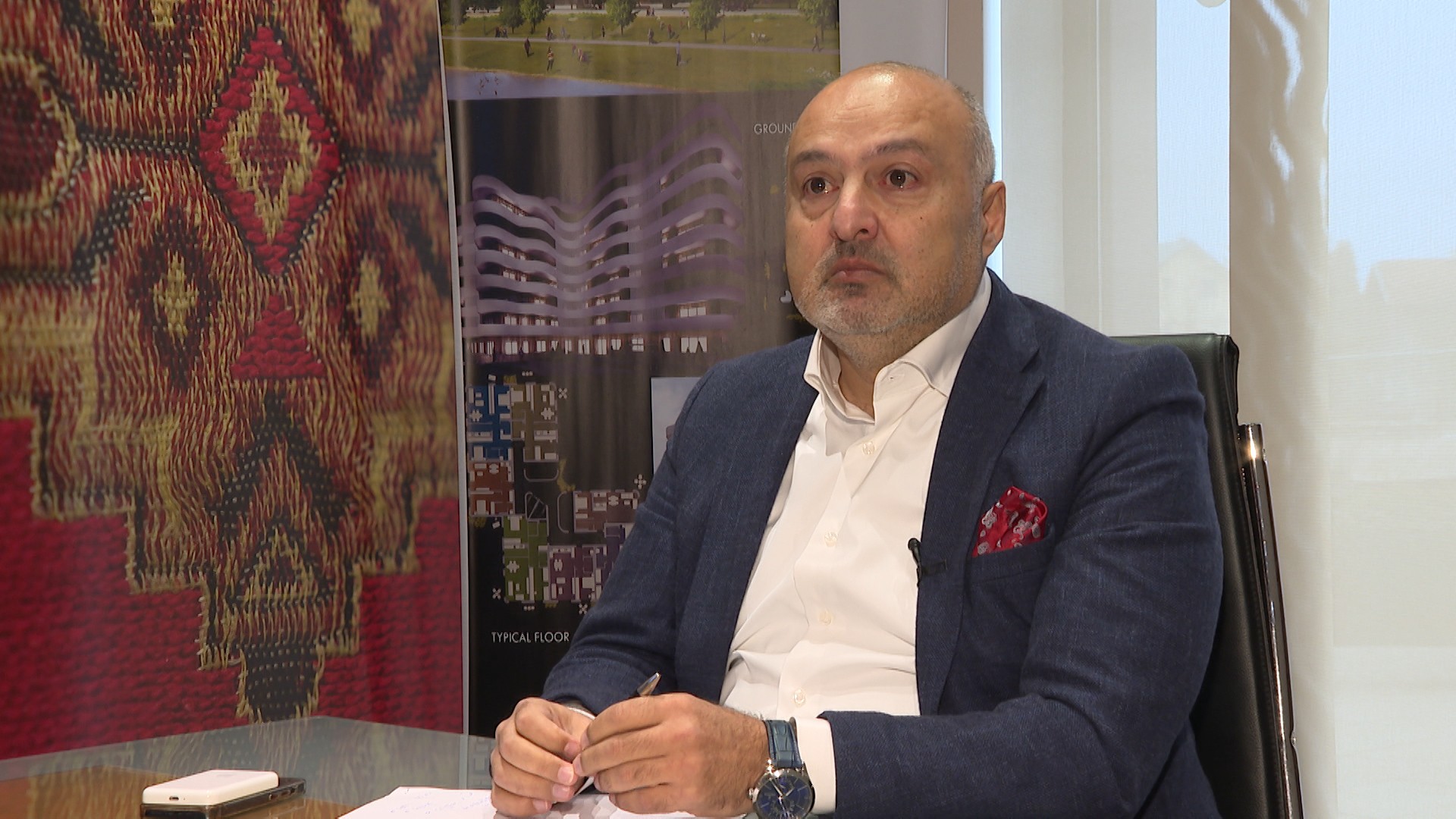
Moussa Fattah, a Syrian from Aleppo who has lived in Sarajevo for 40 years, greeted N1 at his workplace with a smile, expressing hope for a better future in Syria now that Bashar al-Assad’s regime has finally fallen after more than five decades.
Oglas
“I am very happy about what has happened in Syria. I’m not happy about the lives lost over these 12 years, but even before the Arab Spring, the regime was oppressive to all Syrians, not just Sunnis but also Christians. I was against armed conflict from the beginning, fearing what eventually occurred. Half a million people have died, and the estimated damages now exceed $900 billion. The Syrian people had no other choice; the regime has oppressed Syria for 50 years, collaborating with Israel against its own people,” Fattah said.
He explained that he left Syria due to a lack of freedom. “Syrians are proud people. We are successful around the world. We didn’t need aid; we needed freedom, which we now have. We’re proud of ourselves,” he added.
Fattah dismissed concerns about the opposition potentially radicalizing Syrian society, arguing that anything is better than the Assad regime. He also hopes for justice against those who collaborated with the regime.
“There must be trials. War criminals cannot walk freely in Syria. Justice is crucial for the Syrian people. After these 50 years, we’ve learned a lot and, God willing, we’ll rebuild Syria. We have resources and, most importantly, educated people. Countries like Germany benefited more from hosting Syrians than they provided in aid. Germany gained skilled people valued at €11 billion while providing just 3 billion in aid,” he noted.
Fattah expressed concern about Israel and hoped it would be forced to leave the Golan Heights. He emphasized Syria’s diversity and unity, saying, “We are over 80% Sunni, but we’ve never been against our Christian compatriots. Churches in Syria predate Islam and remain standing, even in Aleppo. The regime created divisions. Even among Alawites, many oppose the regime. Syrians—Sunnis, Alawites, Christians—are united in wanting freedom.”
Recalling his first election in Syria, Fattah described a lack of choice. “In Bosnia, you vote every four years for any party. We didn’t have that. During elections in Syria, the police handed out ballots, marked a plus for President Assad, and sent you home. That was it,” he said.
With tears in his eyes, Fattah spoke of the emotional sight of people being freed from prisons and returning home. He is considering visiting Aleppo soon, where he last went in 2009.
“I will help my people as much as I can, as will the Syrian community here in Bosnia, which includes around 500 families,” Fattah concluded.
Kakvo je tvoje mišljenje o ovome?
Učestvuj u diskusiji ili pročitaj komentare
Oglas
Kakvo je tvoje mišljenje o ovome?
Učestvuj u diskusiji ili pročitaj komentare
Oglas





 Srbija
Srbija
 Hrvatska
Hrvatska
 Slovenija
Slovenija









